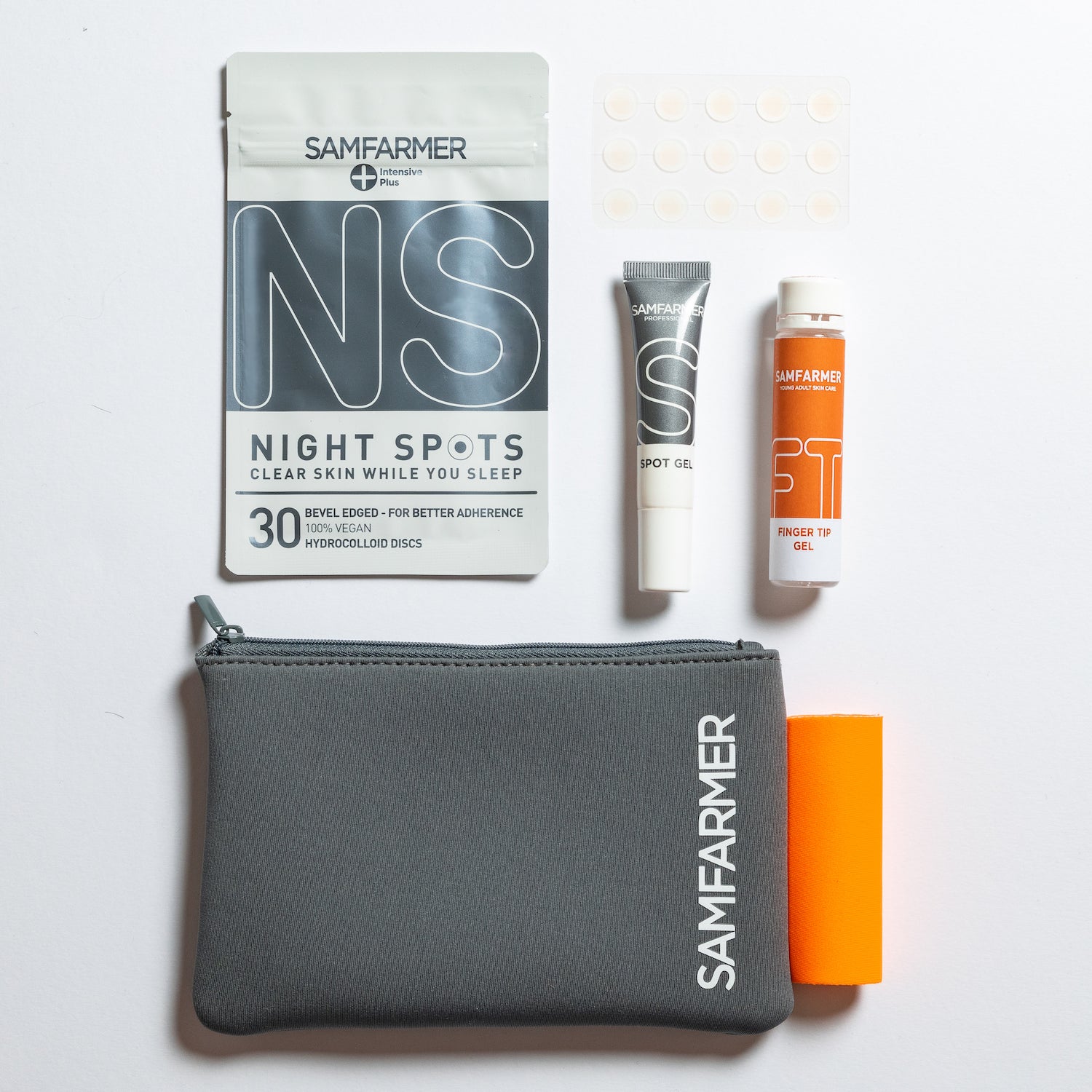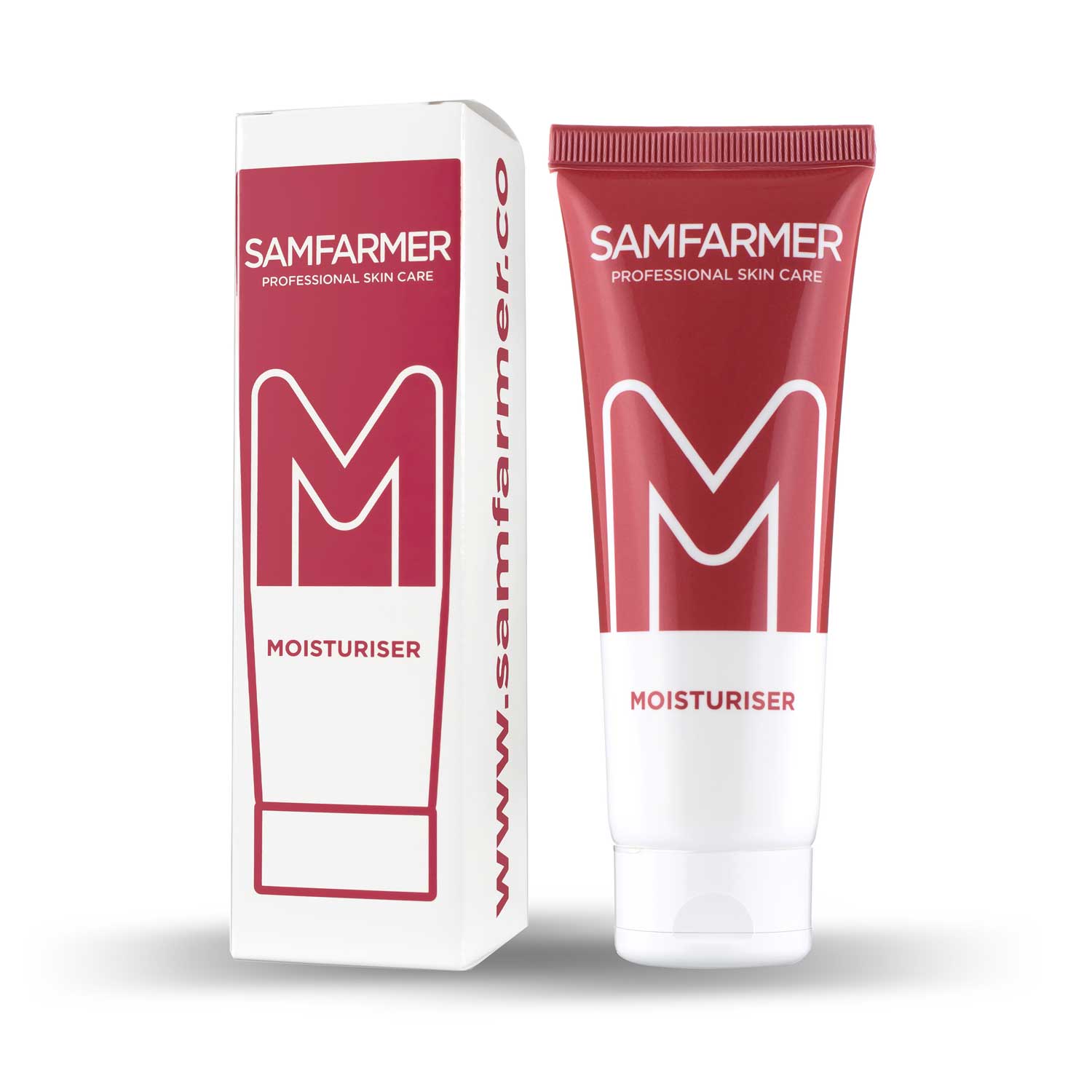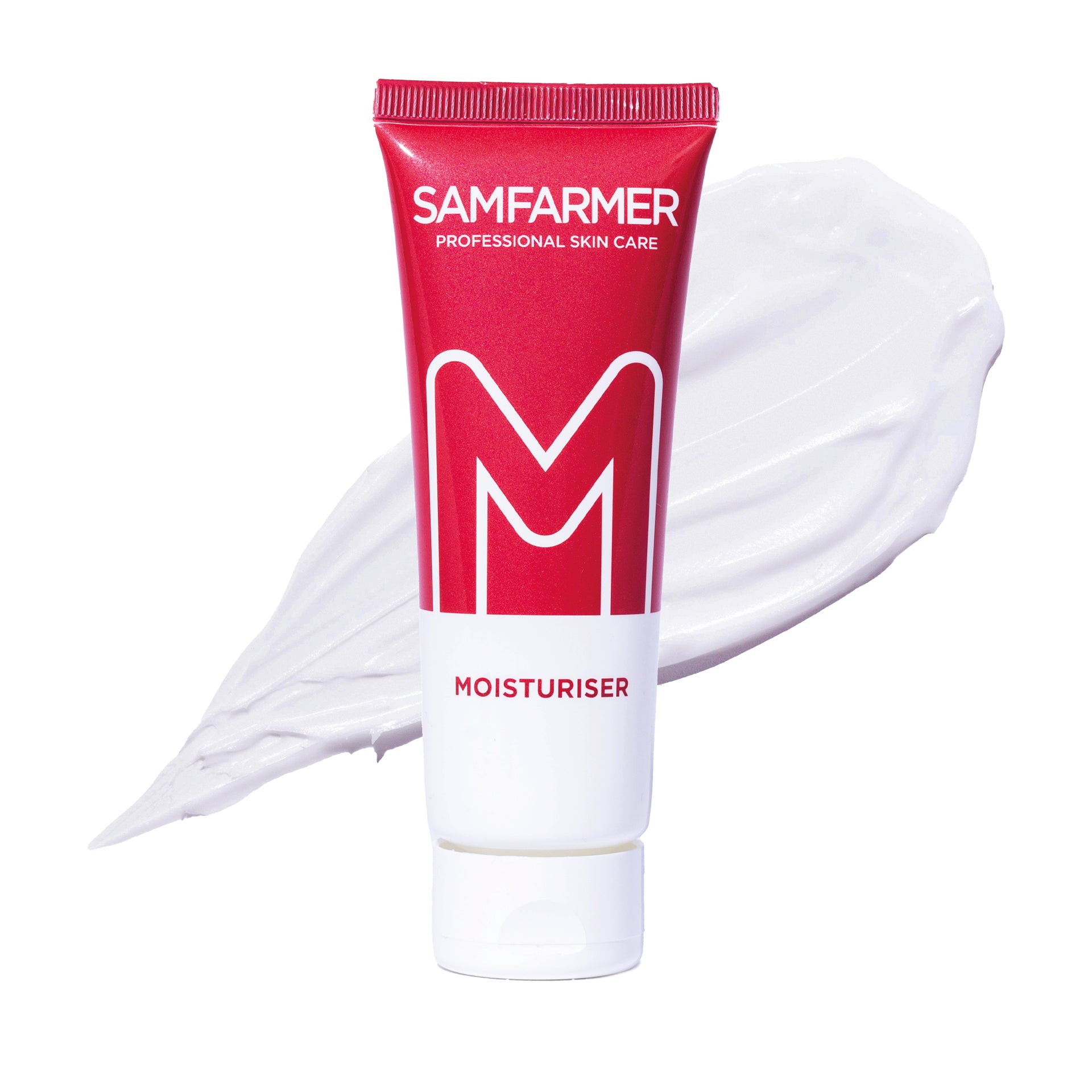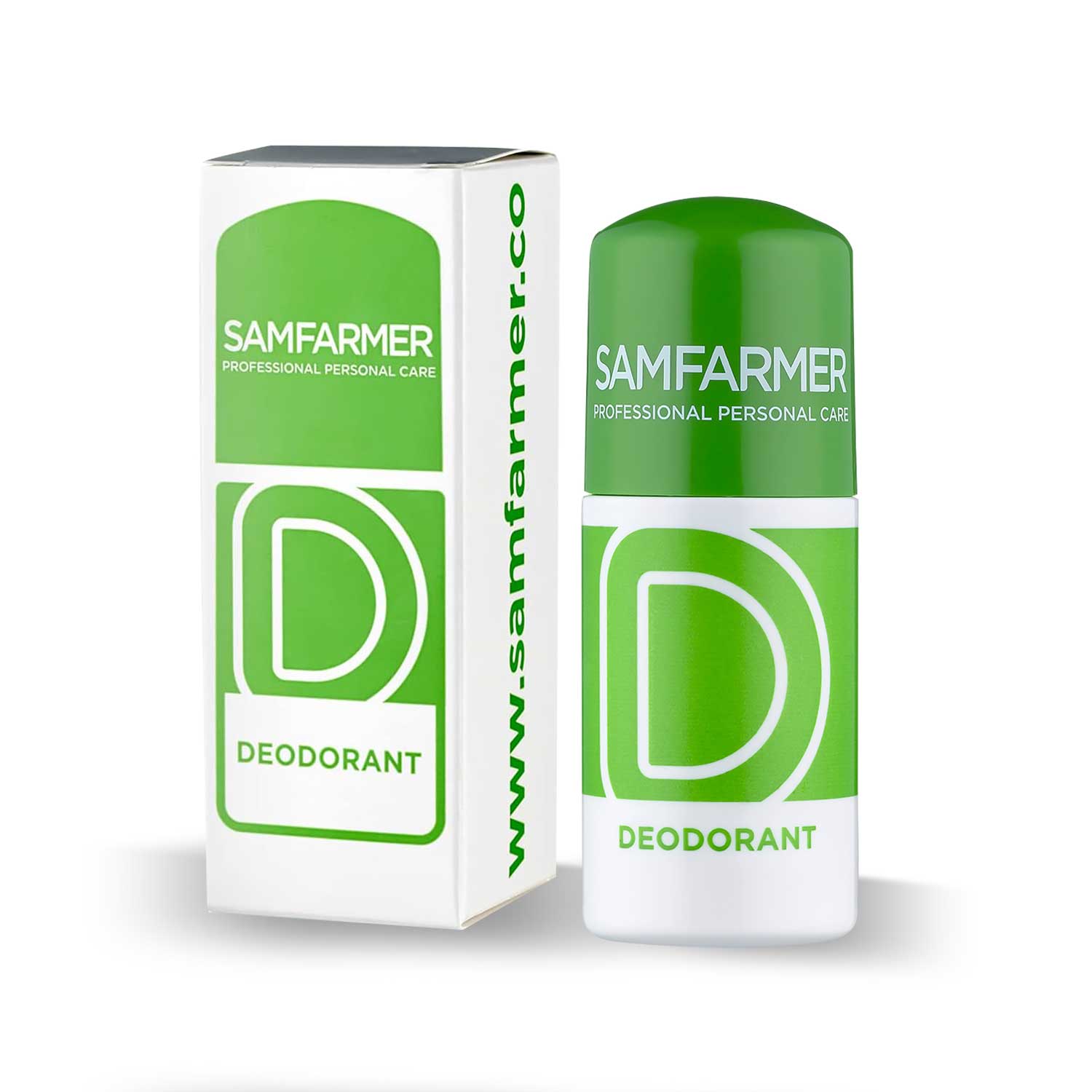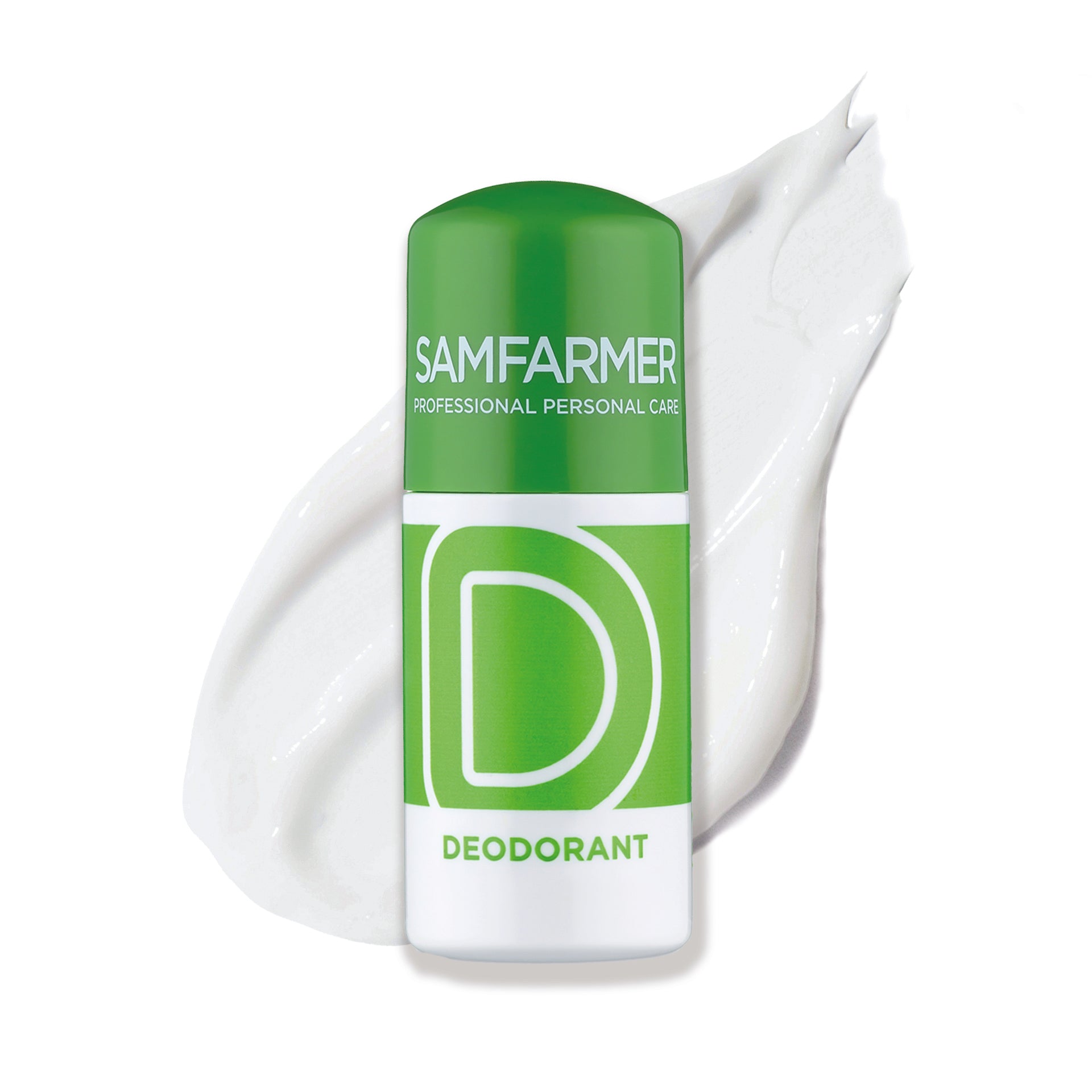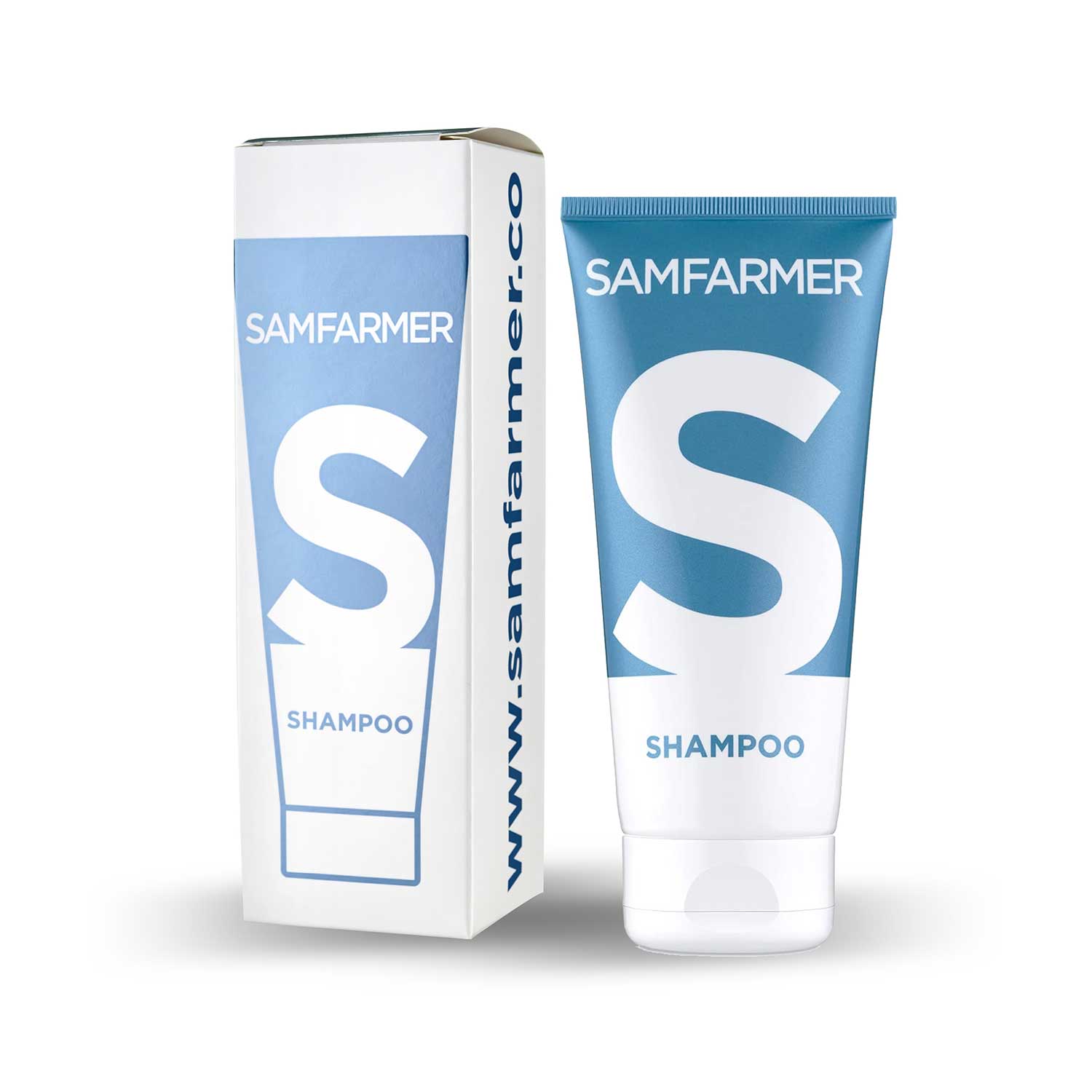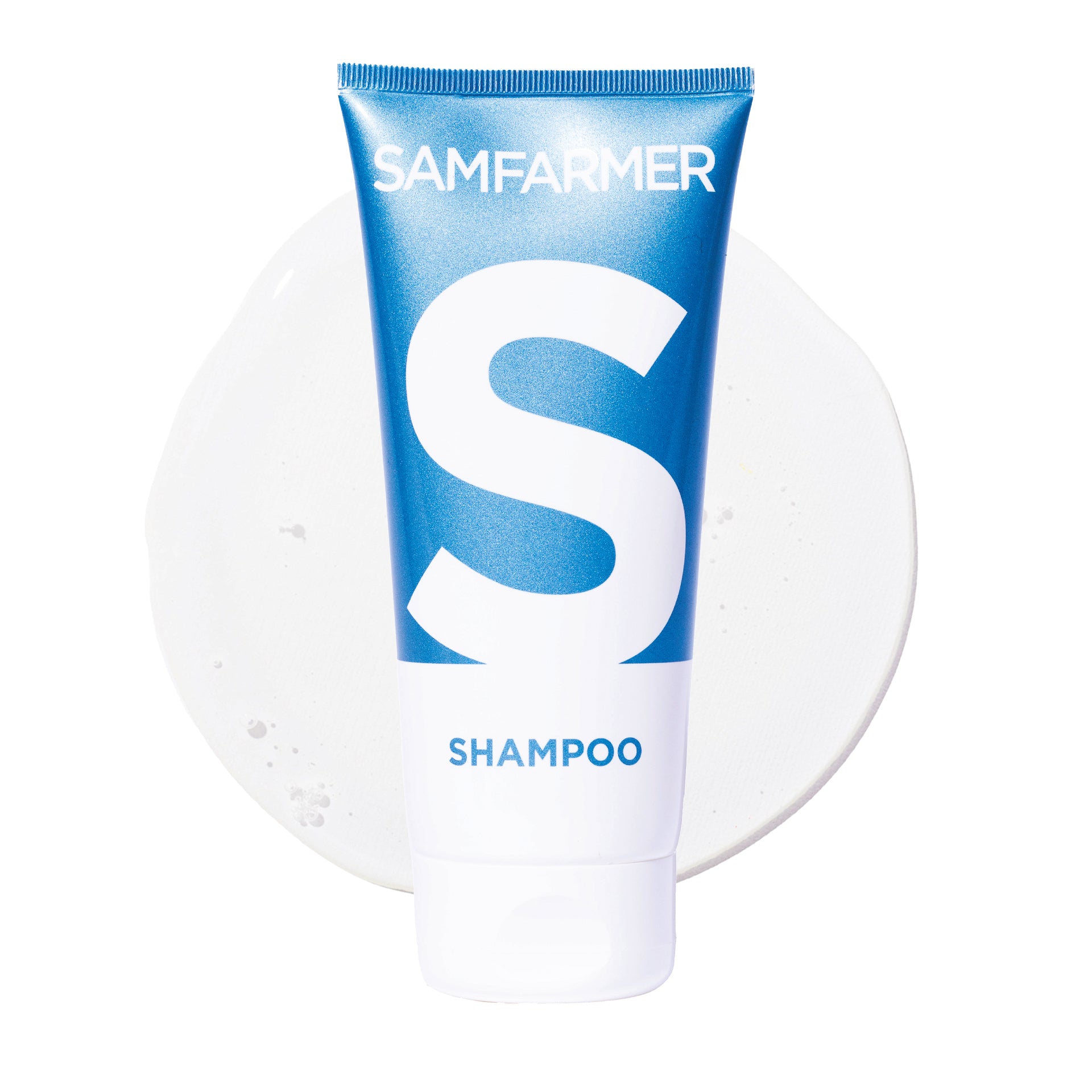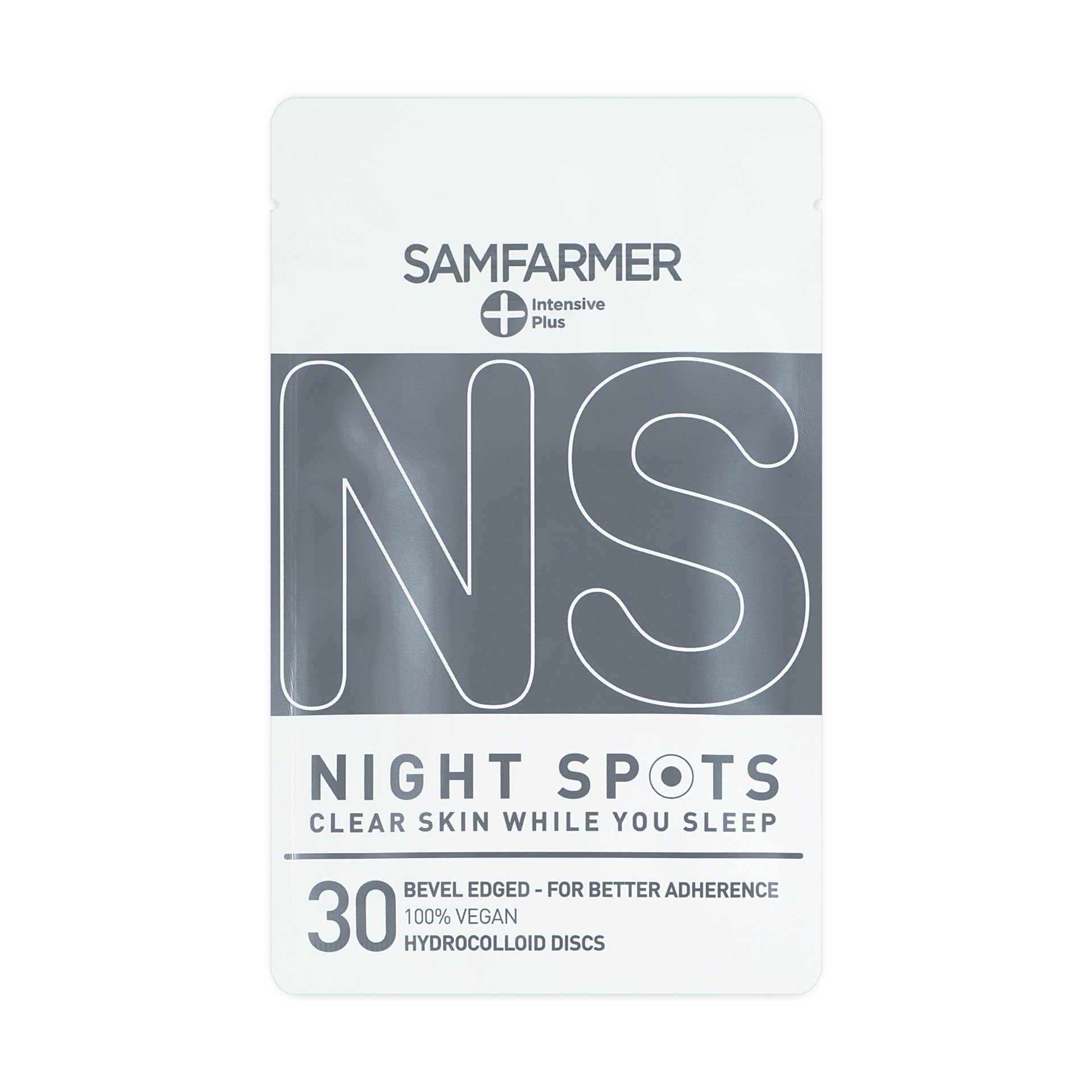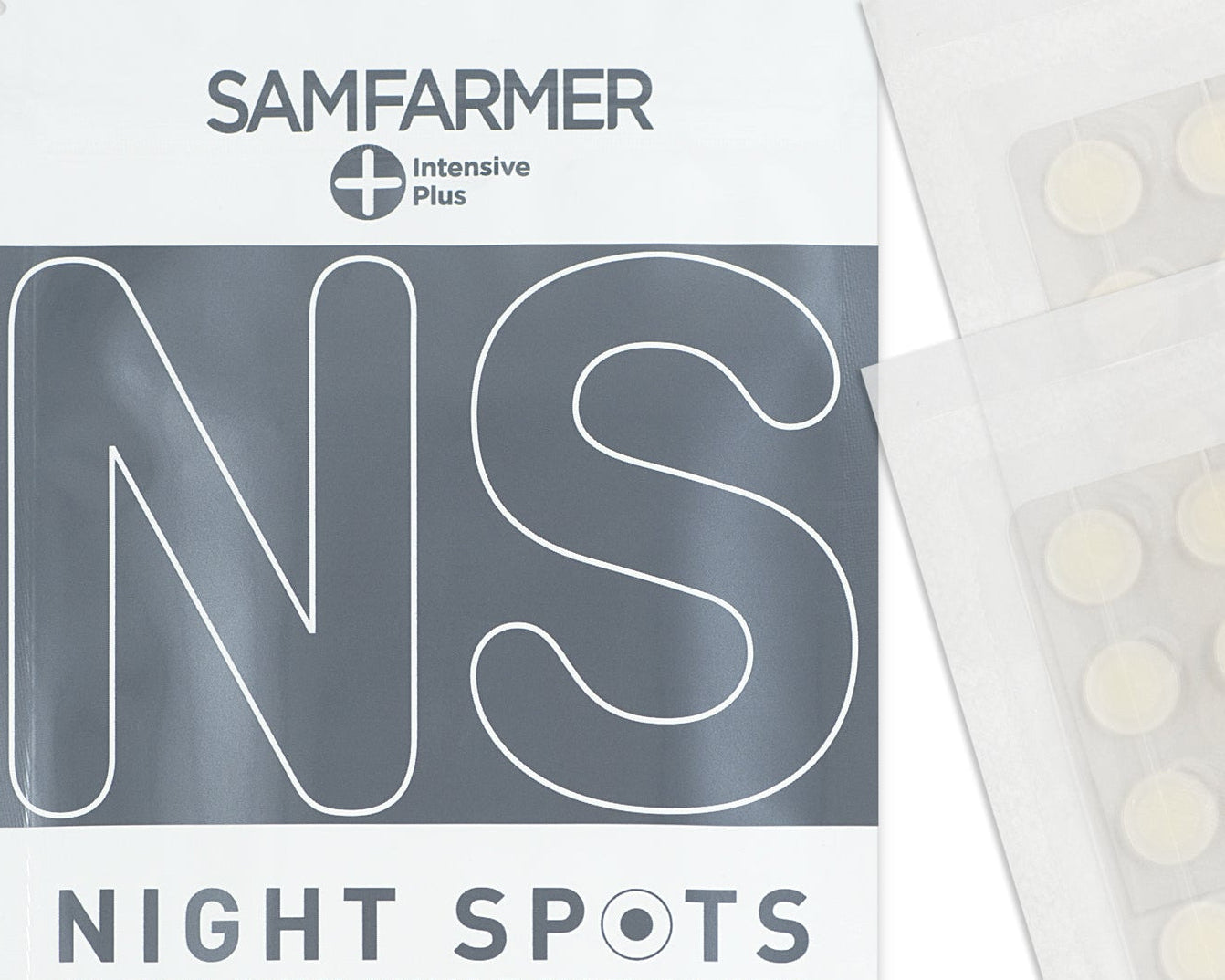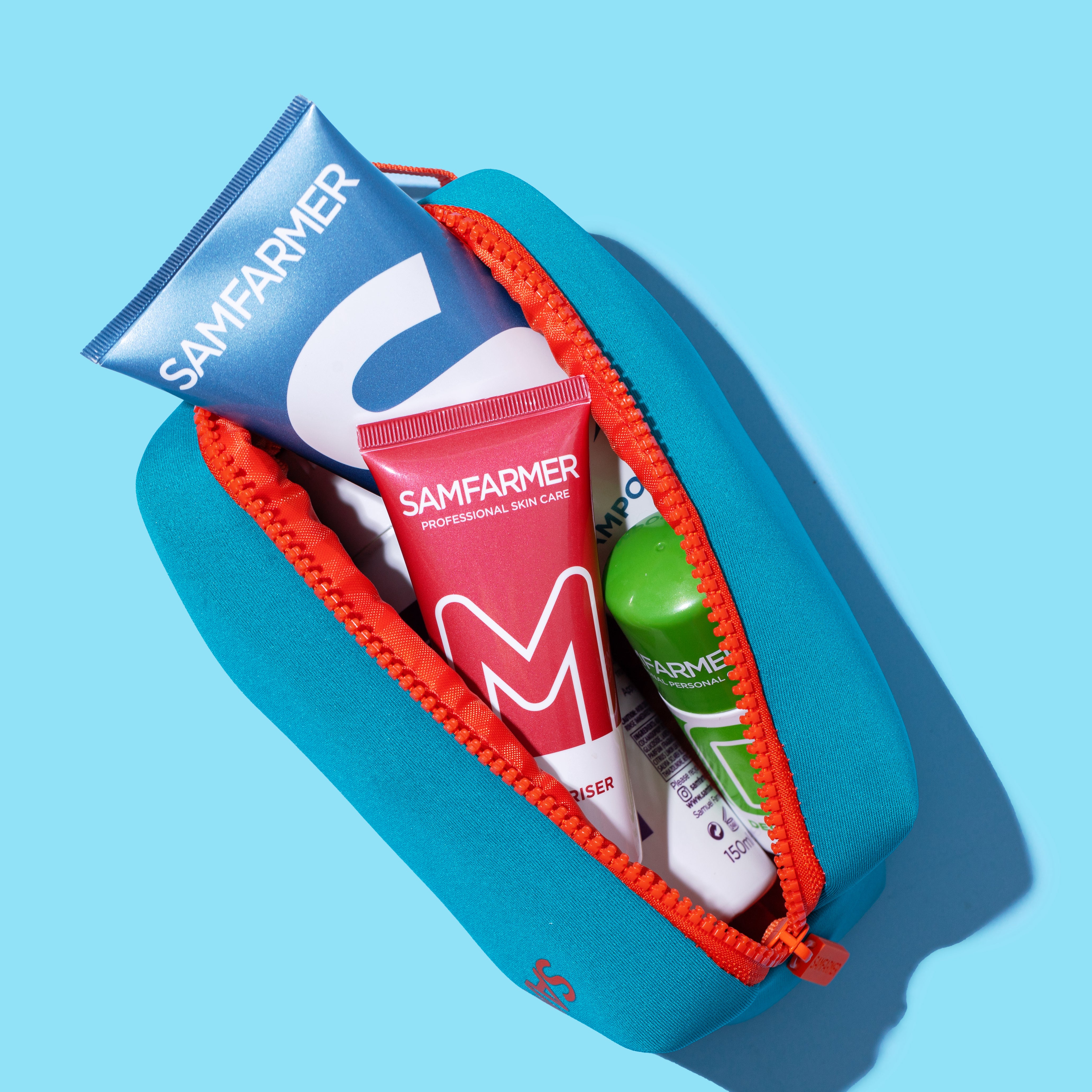When a skincare product is labelled ‘natural’, what does this mean?
‘Natural’ does not have a definition in cosmetic legislation so it means whatever the brand claiming/using it wants it to mean. Ask them for their interpretation. The best definition I have come across is from Dene Godfrey, who is one of the most respected and experienced cosmetic scientists (Specialising in Preservatives) in the UK. He defines a natural ingredient as “a substance that must exist in nature and must also be extracted from nature without any chemical modification”.
In cosmetics, ingredients are selected with varying levels of purity to ensure safety and performance. Many plant and nut oils are described as natural, however these go through a filtration process to reach the high cosmetic grade we demand in formulation. Using Dene Godfey’s definition, are these oils still natural after this chemical modification? In reality, most cosmetic ingredients go through some sort of ‘chemical’ process to be suitable for use in products.
What are the legal requirements to label a product natural?
There are none – it has no legal status (there is an ISO 16128), it’s purely a marketing term. There are groups within the industry that are attempting to create a legal definition but, as it’s so complicated, they have been unsuccessful so far.
All the ‘Natural’ and ‘XX% Natural ingredients” etc claims are all marketing claims. It’s smoke and mirrors.
Where do you think the narrative that 'natural is better than synthetic' stems from?
Uneducated and misinformed brand owners and marketing departments. This stems from the food industry. The ‘Organic’ Movement in food production has gathered momentum and popularity but the cosmetics industry is not the food industry, we don't eat through our skin. We are buying a complex chemical formula designed to perform a specific task and every cosmetic product ever made is 100% Chemical.
No commercially available cosmetic product is Natural – NONE
A widely held belief is that ‘natural’ is somehow safer than synthetic. Living things have developed natural defences over millions of years, plants such as Deadly Nightshade or Poison Ivy can cause serious damage to skin. Ricin and Heroin are natural but not great for our health! Paracetamol is a synthesised chemical that most of us are happy to ingest, in the right dose, to help with pain relief. Both natural and synthetic compounds vary enormously; one isn’t safer than the other.
Is there any compelling medical evidence that 'natural' ingredients are better than synthetic ones, do they perform to the same standard?
The demonising of the word Chemical has led to misunderstandings, for example a Vit C Molecule is identical whether it is found in nature or synthesised, the body just recognises the molecule not its source. Using appealing words like Green, Natural, Organic or the most ludicrous 'Clean', to mislead the consumer in thinking that ‘Natural’ is best when describing a cosmetic product is, at best, naive and I would suggest they are deliberately exploiting the consumer's lack of cosmetic science knowledge.
Are there any ingredients that you feel have been given an unfair reputation, such as mineral oil, parabens or SLS, and rather than avoiding, we would benefit from using?
Yes, all of the above. Everybody’s skin is different and choices are made for all sorts of reasons. To go into each would take too long but what I would say is that Mineral Oil is fantastically efficacious, probably one of the best moisturising ingredients but it is a petrochemical which some people, quite rightly, have issues with. The cosmetic industry uses a tiny percentage of this by-product compared to other industries.
SLS and SLES are different ingredients but both efficacious and cheap, it’s all about the concentration in formulation and skin type. Some of the most successful, high end and ‘ethical’ brands use these ingredients. They produce plenty of foam which is what the consumer still demands and at an affordable price.
The Paraben issue is one of my favourites. The ignorance and, frankly, deliberate misleading of the public (by both brand owners and 'organic' certification businesses) with regards to short chain Paraben esters is nothing short of a beauty industry scandal. Parabens are ingested by most people every day in fruit and vegetables, they are safe, skin friendly and a fantastic preservative. The move away from Parabens has led to all sorts of problems with other ingredients causing cases of sensitisation and total preservation failures. Look at the recent product recalls in America with people reporting mould growth in their cosmetics.
This can be dangerous to human health.
Summary
We, as an industry, have moved away from the facts and let marketing and PR dictate the messaging. This has come at a cost to the consumer. Commercially driven Certification businesses, whether that’s Organic, Free From, Natural, Clean etc are driven by their own ethos and standards, usually not based in scientific evidence. As the beauty industry is selling complex chemical formulations, science and evidence is the currency of fact.
The industry has blindly followed the consumers’ understanding of ingredients to the point where the tail is wagging the dog. I can’t imagine the public being able to tell pharmaceutical companies how to manufacture medicine or Judges how to rule on complex legal proceedings so why is it acceptable to do this in the Cosmetics industry?


